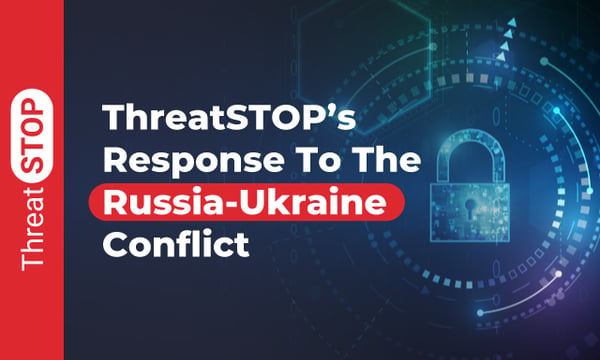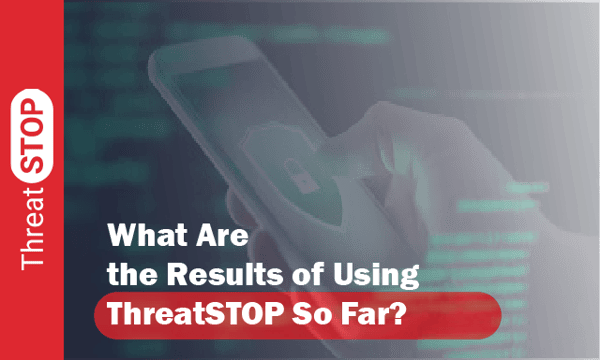July 6, 2020 • Ofir Ashman
3 US Universities Hit with Ransomware in Same Week
2Min read
•
Cybersecurity,
data breach,
Ransomware,
COVID-19,
coronavirus cyber security,
UCSF,
higher education,
columbia university,
university cyber security



